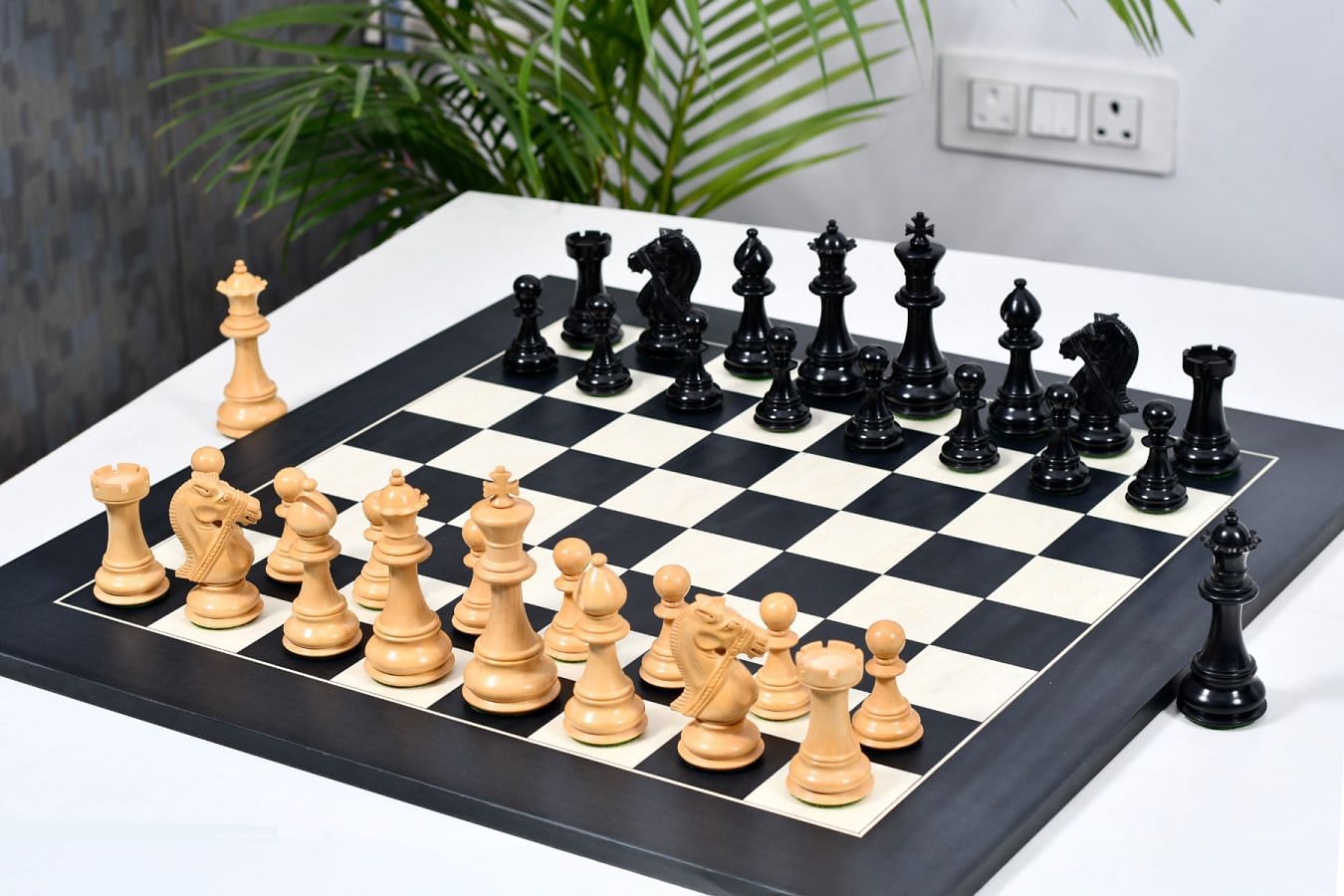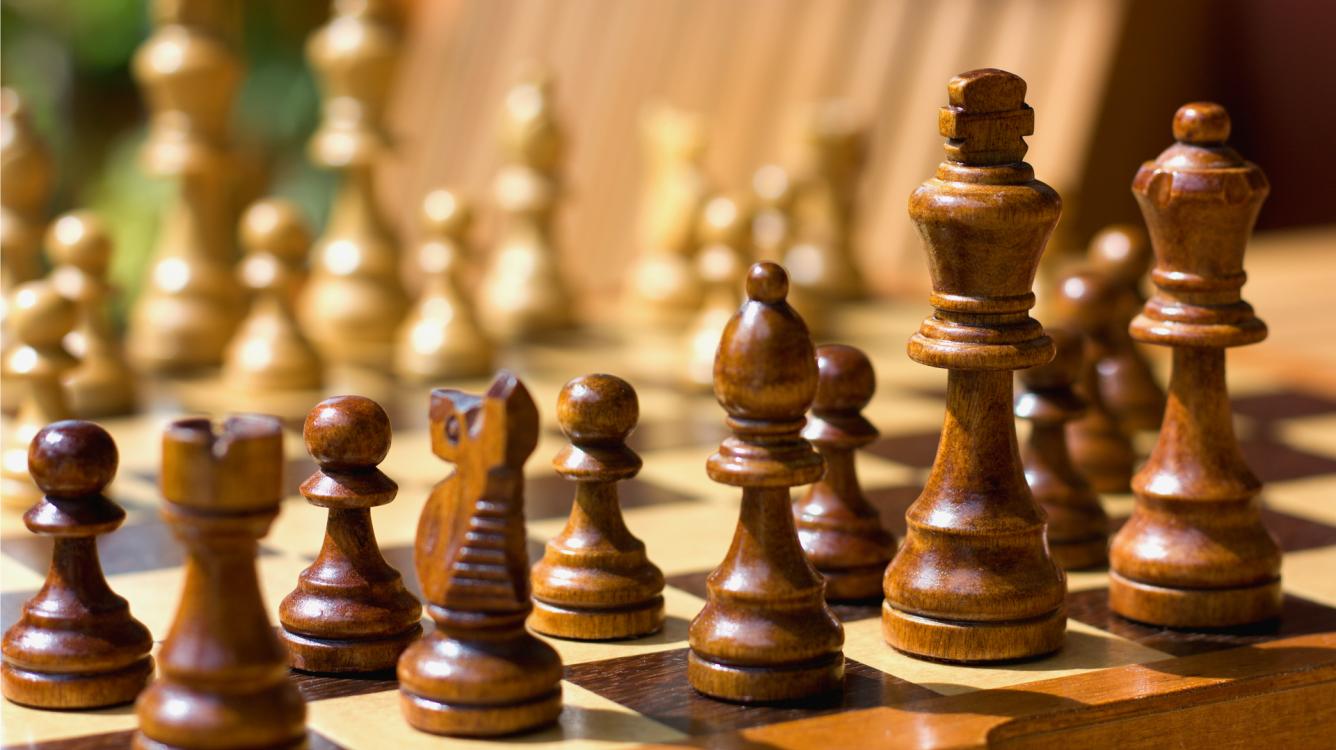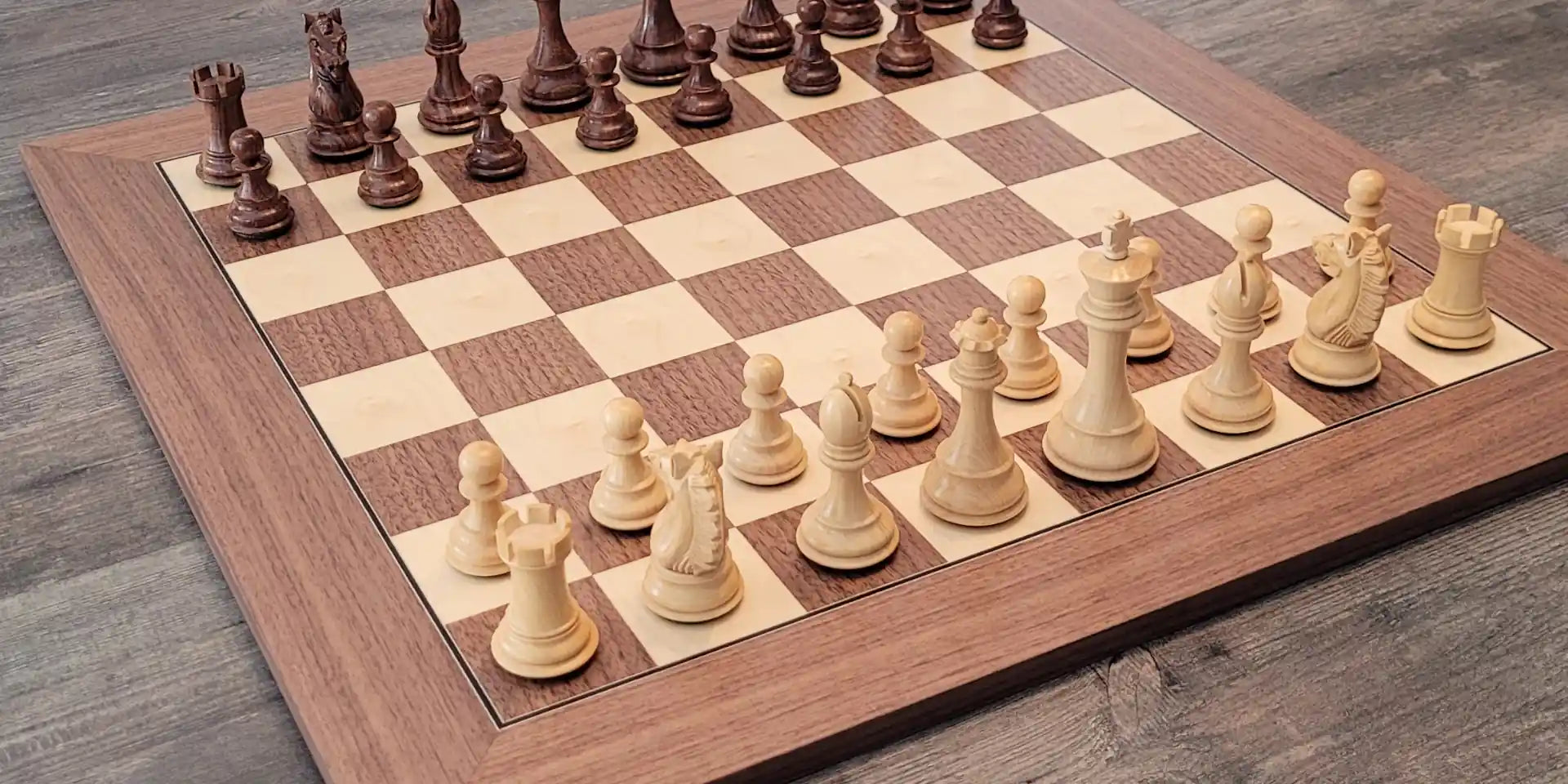How to Master Chess Early Game Strategies
Wiki Article
Why You Have To Play Chess: The Benefits of Participating In This Timeless Pundit Challenge
Chess is even more than an easy game; it serves as a rigorous mental exercise that hones numerous cognitive skills. Players participate in calculated thinking and establish problem-solving abilities, which can have enduring advantages in day-to-day life. The discipline required for renovation promotes persistence and resilience. The true significance of chess lies not simply in its intellectual demands however in the connections it cultivates within a neighborhood. Checking out these dimensions exposes much concerning why chess continues to be classic.Enhancing Cognitive Abilities
Playing chess significantly improves cognitive skills, making it a useful task for people of all ages. The video game needs tactical reasoning and insight, requiring gamers to expect their opponent's actions while creating a winning technique. This mental workout develops emphasis and focus, crucial components of cognitive function.
Additionally, chess motivates imagination, triggering players to check out innovative techniques and unique methods to the video game. As they navigate the chessboard, people create patience and durability, crucial attributes for cognitive development. In general, the complex cognitive benefits of chess make it an enriching search, promoting lifelong imagination and intellectual interaction.
Enhancing Problem-Solving Talents
Countless research studies have revealed that taking part in chess can significantly increase problem-solving abilities. The game calls for gamers to evaluate intricate positions and expect the challenger's moves, promoting vital believing skills. As they browse various circumstances, chess players develop the capacity to examine numerous results and make calculated choices under stress. This procedure enhances their capacity to method real-life problems with a structured frame of mind.Chess promotes the recognition of patterns and the application of sensible thinking, abilities that are important in efficient problem-solving. Players discover to assess threats and rewards, refining their judgment in unsure situations. The repetitive nature of chess play reinforces these skills, enabling people to transfer their boosted analytical capabilities to academic and professional contexts. Ultimately, chess serves as an important tool for any person looking for to develop their analytical skills and improve their total cognitive functioning in challenging circumstances.
Cultivating Persistence and Self-control
While participating in chess can be an exciting experience, it likewise calls for a substantial degree of perseverance and self-control. Players must learn to thoroughly think about each action, evaluating potential outcomes and approaches. This thoughtful approach fosters a mindset that values long-lasting success over prompt gratification. In chess, rash choices often cause unfavorable consequences, enhancing the value of taking one's time to examine the board and anticipate an opponent's feedbacks.
Self-control is further grown with regular technique and study. Players often dedicate hours to improving their skills, researching strategies, and assessing previous games. This dedication to grasping the game imparts a feeling of responsibility and determination, necessary attributes that prolong beyond the chessboard. Eventually, the combination of perseverance and self-control not only improves a gamer's chess capacities yet likewise adds to individual development, gearing up people with important devices for navigating challenges in different elements of life.
Promoting Creative Thinking and Creative Imagination

Strategizing steps includes not simply reasoning but additionally the capacity to prepare for a challenger's responses, motivating players to picture multiple pathways and alternatives. As players experiment with different techniques, they learn to innovate and adapt, enhancing their creative analytic abilities.
The video game's intricacy welcomes gamers to check out unusual ideas and methods, leading to personal designs of play link - Chess. This exploration nurtures a sense of creative expression, as each player crafts their own approach to obstacles on the board. Inevitably, chess comes to be a canvas for creative thinking, enabling individuals to express their unique perspectives while establishing their imaginative capacities
Building Social Connections and Community
Playing chess offers chances for individuals to network with tournaments and local chess clubs. These environments promote links among players, producing a sense of recreation center around a shared passion. Participating in these tasks not only boosts abilities however likewise develops long lasting partnerships.Networking Through Tournaments
When participants take part in chess events, they typically locate themselves immersed in a lively neighborhood of similar individuals. These events give an exceptional system for gamers to build links, share strategies, and commemorate their enthusiasm for the game. Participating in pleasant competition cultivates camaraderie, as players from varied backgrounds come together to test each various other. Networking chances abound, with lots of individuals creating long lasting relationships that extend beyond the chessboard. In addition, these events frequently draw in sponsors and chess fanatics, even more improving the possibility for professional connections. As players participate in discussions concerning methods and experiences, they develop a network that can cause future collaborations and opportunities within the chess world and past.Local Chess Clubs

Giving an Enjoyable and Involving Challenge
Chess uses a distinctly promoting experience that astounds players of all ages, as it incorporates tactical reasoning with the excitement of competition. This timeless game offers an engaging challenge, urging people to assume critically and artistically. Each match unfolds as a battle of wits, where players need to expect their opponent's relocations while devising their own strategies.The intellectual interaction chess supplies is matched by its capability to entertain. Gamers typically find themselves immersed in the game, losing track of time as they navigate intricate placements and tactical problems (Chess). This increased emphasis promotes a sense of achievement, especially when a difficult step causes triumph
Furthermore, chess promotes social communication, permitting players to bond over shared experiences and challenges. The video game's countless variations assure that no two sessions are alike, maintaining individuals enthusiastic to refine their abilities and techniques. This dynamic blend of obstacle and enjoyment makes chess a tempting pursuit.
Often Asked Questions
Can Chess Be Played Online or personally?
Chess can be played both online and personally. Online systems supply players the convenience of contending against opponents worldwide, while in-person games promote social communication and physical visibility, improving the total experience.What Age Is Finest to Begin Learning Chess?
Professionals recommend that kids can begin discovering chess as very early as age 5 or six. At this age, they can understand standard principles, boosting cognitive abilities while cultivating a love for the game that lasts a lifetime.Exist Chess Tournaments for Beginners?
Yes, there are chess events specifically created for newbies. These events supply a helpful atmosphere for beginner players to gain experience, enhance their skills, and enjoy the competitive spirit of chess without encountering advanced opponents.How much time Does It Take to Come To Be Proficient at Chess?
Coming to be efficient at chess commonly requires regular method over numerous months to years. Aspects such as individual dedication, prior experience, and research study of approaches substantially influence the time required to reach a skilled try this web-site level.What Resources Are Readily Available for Understanding Chess Methods?
Numerous resources exist for discovering chess techniques, consisting of on the internet tutorials, books by distinguished authors, chess applications, and interactive websites. Numerous players likewise profit from signing up with regional clubs or participating in on the internet discussion forums for real-time understandings.Report this wiki page